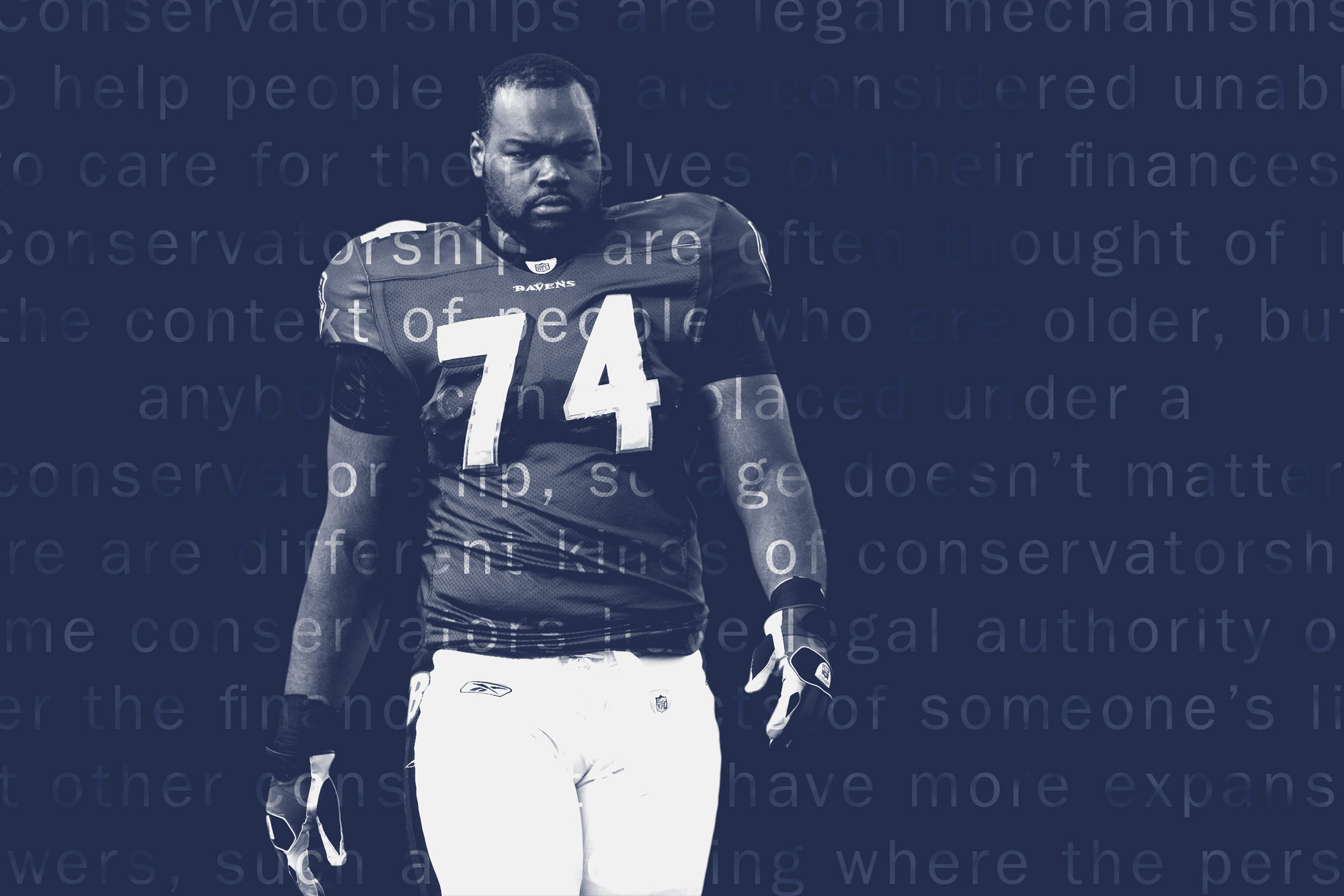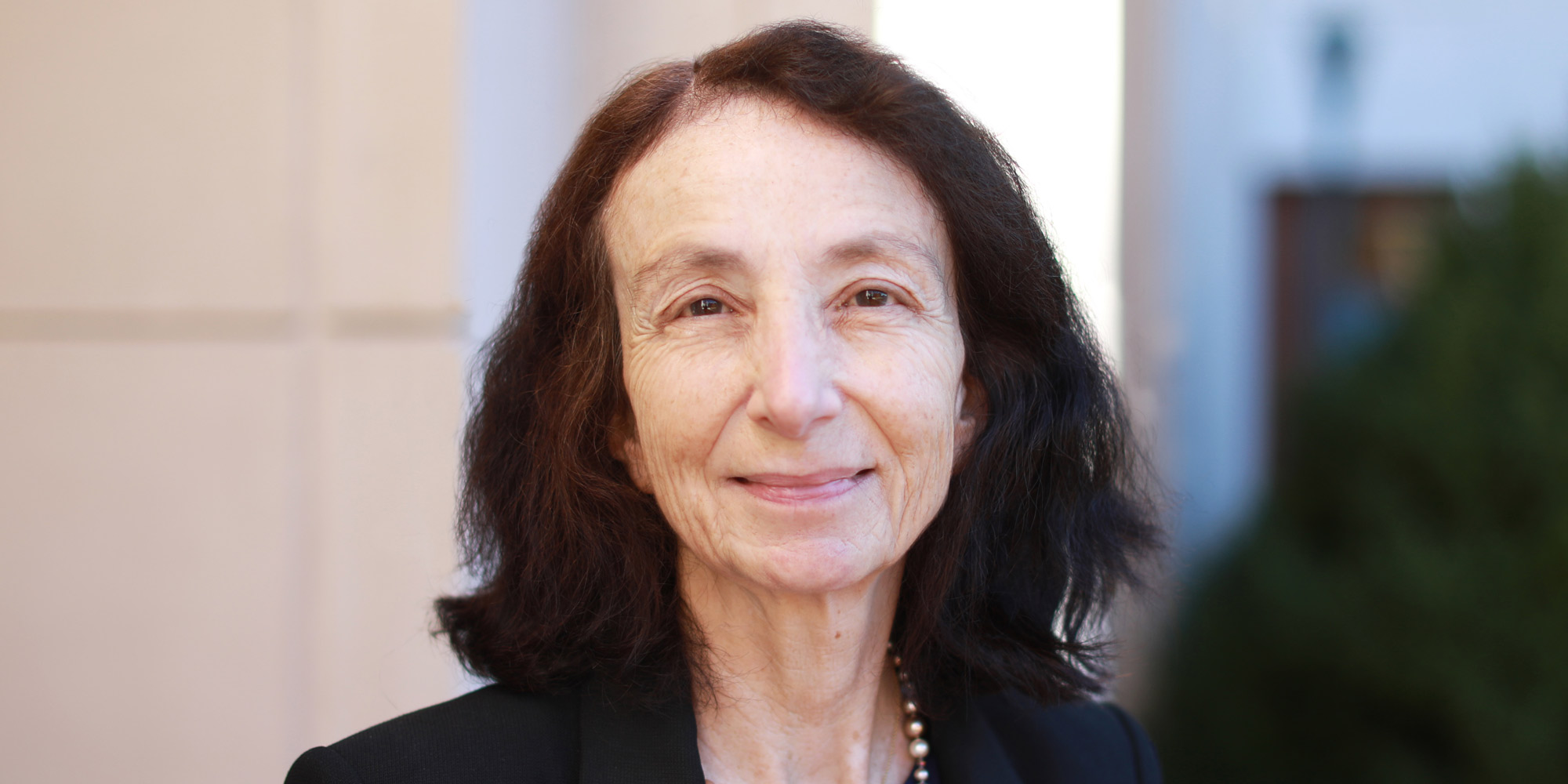The petition also claims that Sean and Leigh Anne Tuohy, along with their two birth children, made millions of dollars in royalties from the Oscar-winning movie based on Oher’s life. The movie earned nearly $256 million in its first theatrical release, but Oher said he received nothing for his life story.
The Tuohys, for their part, have slammed Oher’s claims, calling them a “shakedown effort” to get millions of dollars from them. They announced in a press conference that they were seeking a consent order to terminate Oher’s conservatorship.
It’s the second time in recent years that a celebrity has claimed they were placed under an abusive conservatorship. In 2021, Britney Spears regained control of her life and finances when a judge suspended her conservatorship.
UVA Today talked to Naomi Cahn, a professor at the University of Virginia’s School of Law and an expert in family law, about conservatorships and Oher’s petition.
Q. Why would somebody be placed under a conservatorship?
A. Conservatorships are legal mechanisms to help people who are considered unable to care for themselves or their finances. Conservatorships are often thought of in the context of people who are older, but anybody can be placed under a conservatorship, so age doesn’t matter. There are different kinds of conservatorships. Some conservators have legal authority only over the financial aspects of someone’s life, but other conservators have more expansive powers, such as choosing where the person will live.
You can think of someone who is mentally incapacitated, like someone who is deep into dementia or hospitalized and unable to communicate. They are designed to protect people who cannot care for themselves.
Q. Why do conservatorships seem so easy to abuse?
A. It’s important to recognize that conservatorships can be incredibly useful. You hear stories of people who are wiring tens of thousands of dollars to strangers in other countries, and conservatorships can prevent that. But they can be easy to abuse because there’s limited oversight. Generally, a conservator is supposed to provide an annual report to the court on the financial aspects of the conservatorship. That’s very little oversight, however, and under-resourced courts may be unable to do the requisite monitoring. Indeed, data from states on conservatorships can be difficult to collect.
Q. How does Oher’s case compare to Spears’?
A. The law differs from state to state. [Oher’s] is in Tennessee, and [Spears’] was in California. It sounds like – and I have to emphasize we don’t know the details – the conservatorships began under different circumstances. Oher appears to have signed something agreeing to the conservatorship.
There’s also the fact that Britney Spears’ father was appointed conservator. And for Oher, it was people who are otherwise legal strangers to him.
Q. Have there been any meaningful reforms to conservatorships since Spears’ case?
A. Let’s remember that conservatorships are state-by-state, and yes, there have been some reforms, including in California (where Spears’ conservatorship occurred). There are national movements, including from the American Bar Association, to reform conservatorships. U.S. Sen. Robert Casey from Pennsylvania has introduced a bill to look at alternatives to guardianships. There have been calls for better data and more transparency and more safeguards against abuse. But again, much of this needs to be done on a state-by-state basis.











